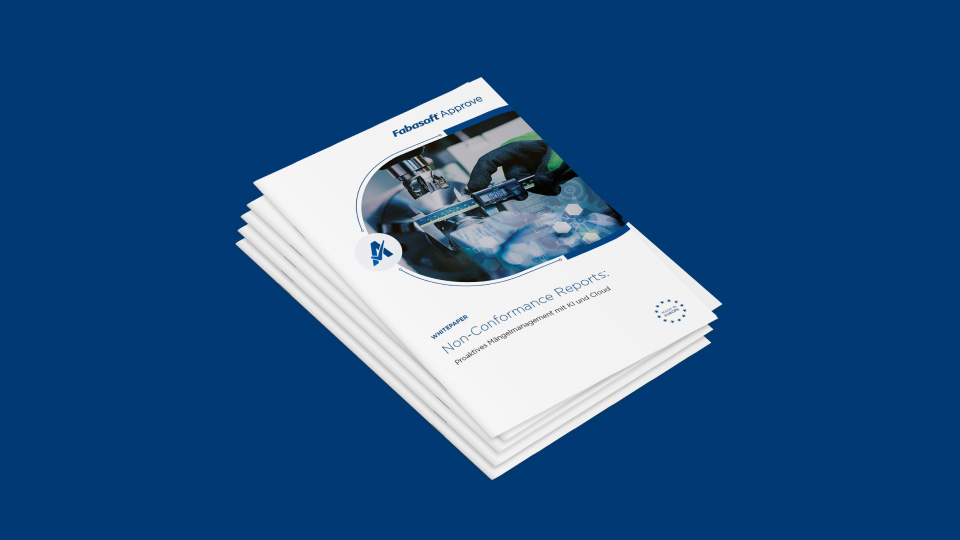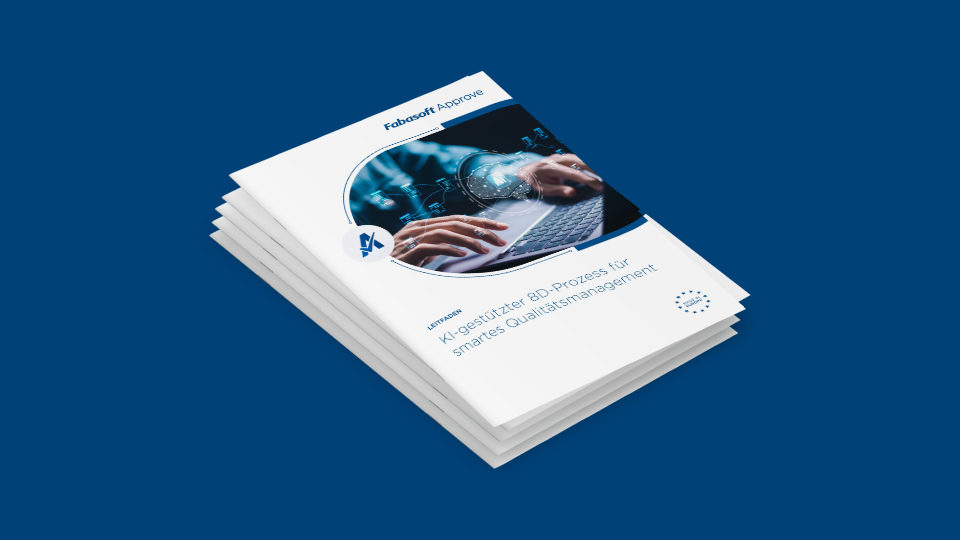The 75th Frankfurt Book Fair is being held from October 18 to October 22, 2023 – and Xpublisher is a part of this milestone event. Managing Director Matthias Kraus offers some pre-event insights into the current trends shaping the publishing industry and its future trajectory. He also discusses the implications of artificial intelligence, accessibility, and data security for a successful digital transformation.
You will be representing Xpublisher at the Frankfurt Book Fair again in 2023. What trends are you watching in the publishing industry right now?
Matthias Kraus: Similar to many other industries, we are seeing a digital transformation at publishing houses, which is primarily driven by changes in user behavior. Today’s audience wants to consume content from any device, at any time.
Higher paper prices are also contributing indirectly to this development. The shift towards greater use of online media necessitates a new way of thinking about processes, and also entails the use of a smart multichannel publishing system. This kind of tool is essential when it comes to distributing content to different audiences in a user-friendly way.
That’s where Xpublisher enters the picture: Automated multichannel publishing makes it possible to publish content across different media seamlessly and with no additional effort. The integrated workflow engine encourages team collaboration by automating processes and increases efficiency across the board. Xpublisher is a Software as a Service (SaaS) in the Fabasoft PROCECO ecosystem and as such, can be employed immediately, helping publishers to navigate the digital transformation successfully.
You have redesigned Xpublisher to run on the Fabasoft Cloud. What features does the software include, and what sets it apart from the competition? And what are the benefits of being part of the Fabasoft PROCECO ecosystem?
Matthias Kraus: Being part of the Fabasoft PROCECO ecosystem means that Xpublisher offers accessibility along with satisfying the strictest certified data protection and IT security standards. Using Xpublisher, an end-to-end software solution, gives our customers a crucial technological edge: From content creation and management to publication across multiple channels, it all comes from a single source.
Thanks to the high degree of customizability for workflows, metadata, XML schema, and layout templates, Xpublisher can be very quickly tailored to a company’s needs. No IT skills are required to do this; organizations are free to focus entirely on their value creation.
Do the features of Xpublisher lend themselves to using your multichannel publishing system for purposes outside the publishing industry? How are customers using Xpublisher? There are bound to be some interesting or surprising applications...
Matthias Kraus: As a matter of fact, Xpublisher has already performed well in a number of different fields. Besides magazine and book publishing, we also focus on digital as well as scientific and technical publications. As an example, we realized the production of scientific articles for the medical journal Swiss Medical Weekly based on the XML standard schema JATS.
That represents an major advancement for Xpublisher on Fabasoft PROCECO, since JATS, an international standard for scientific journal articles, appeals to a broad customer base throughout the world. PubMed, one of the most important archives in the medical field, supports this standard. In particular, JATS facilitates access to online portals, since the structured and hence machine-readable content allows for easier processing and ensures rapid indexing along with visibility in search engines like Google, Bing, and others.
The structured and standardized content that is generated permits a high degree of automation, and also enables highly efficient multichannel publishing. This is especially relevant with regard to open access, in other words, free access to scientific information.
Our digital asset management system also brings us a number of advantages over a conventional file system. For a defined group of people, we make the data available, findable, and (re)usable online. By means of our rights management system, users decide who has access to what. While every customer benefits from the many features, they use our software in slightly different ways. While some companies primarily realize process automations using the workflow engine, others focus more on the efficient utilization of content.
Artificial intelligence is probably also very much on your customers’ minds at the moment: What do you think of this trend, and how is AI changing Xpublisher?
Matthias Kraus: Artificial intelligence tools are also a hot topic in our field, especially in the creative process. Our customers are already using generative AI to create images. AI technologies will gain significance going forward, particularly in the content creation process as it relates to automated content summaries, translations, and stylistic and grammatical review.
Intelligent technologies are naturally already being used in the Fabasoft PROCECO ecosystem. Mindbreeze InSpire simplifies day-to-day work with the help of machine learning, including automatic content classification and storage. In addition, the integrated workflow engine opens up a host of possibilities for process automation. We are constantly evaluating and testing the trend, while keeping maximum data security and data protection considerations in mind.
Let’s talk about security: Like AI, it’s an enormous issue: What does Xpublisher do to keep the data safe and untouchable?
Matthias Kraus: Data security is a top priority for the Fabasoft Group and thus also for Xpublisher, which is why we store data exclusively in data center locations chosen by the customer in Germany, Austria, and Switzerland. The assets do not leave their location at any time. We also protect documents from unauthorized access by storing them in password-protected data rooms and using two-factor authentication at log-in.
As part of the Fabasoft PROCECO ecosystem, our software satisfies maximum European quality and security requirements, and demonstrates this with numerous internationally recognized certificates and attestations for reliability, security, and accessibility. This also attracts new industries, especially sectors that work with highly sensitive data.
Companies are also increasingly committed to barrier-free accessibility. How can Xpublisher support that?
Matthias Kraus: Accessibility is a topic we take very seriously at Xpublisher, and we look at it from two perspectives: the recipients’ point of view as well as that of the software users. For end customers, being able to consume content without restrictions is key. Similarly, Germany’s Equality for Persons with Disabilities Act (BGG) requires that information, particularly in the public sphere, be accessible to everyone.
Software users, on the other hand, need to be able to create accessible content easily. Xpublisher facilitates the production of online content and PDF documents according to the UA standard, which ensures “Universal Access” in accordance with the requirements of the Web Content Accessibility Guidelines (WCAG). In this respect, we have a decisive advantage over other multichannel publishing systems: Xpublisher runs in the Fabasoft Cloud, which has been awarded the Web Accessibility Certificate – the WACA certificate for accessibility.
Summing it all up: What trends are here to stay? Where is the publishing industry headed?
Matthias Kraus: Publishers are moving towards a connected and automated future in which collaboration and AI play a key role. As teams progressively incorporate members from around the world, an effective system is needed to support collaboration in the best possible way. Artificial intelligence will have a significant impact in helping fulfill the high demands for quality and efficiency in generating and publishing all kinds of content.
The key factors are automating processes, analyzing data more effectively, and creating personalized content. These trends will help publishers to be better prepared to meet the ever-changing demands of the market and further strengthen their position as major information providers.




